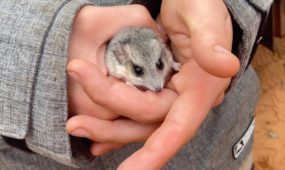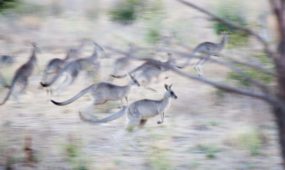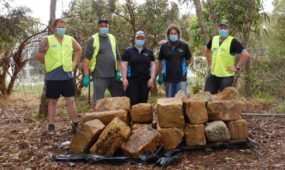Researchers turn to crowdfunding to help save the endangered Tassie devil
Environment
An Australian university is using regenerative stem cell research to save a national icon from cancer.

Sign up to receive notifications about new stories in this category.
Thank you for subscribing to story notifications.
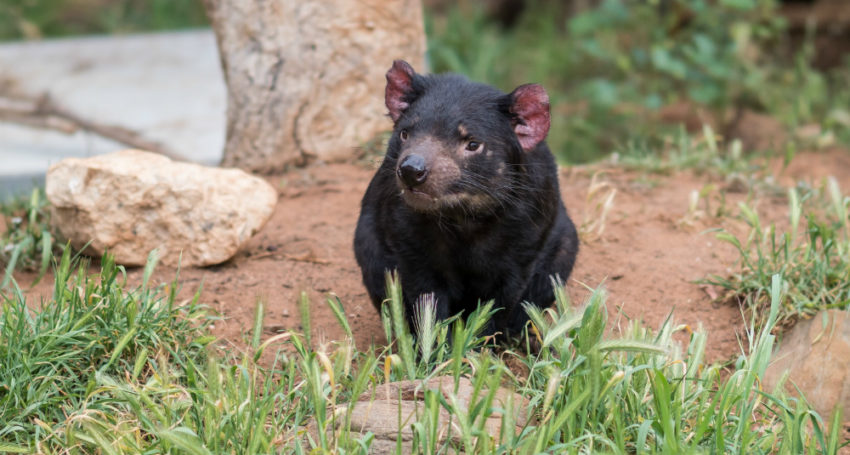
Researchers from the University of Adelaide in South Australia are seeking to raise $5000 to further investigate a cure for a transmissible cancer called Devil Facial Tumour (DFT) that threatens the declining population of Tasmanian devils.
The Tasmanian devil is the largest carnivorous marsupial in the world and was formally upgraded to endangered status by the Australian Federal Government in May 2009. The mortality rate of a devil infected with DFT is 100 per cent, with the transmissive nature of the cancer causing it to spread like any other contagious disease.
University of Adelaide PhD candidate Chelsea Graham has launched a Pozible campaign to cover the costs of her research, which is replicating human stem cell research for the first time in marsupials.
“Devil Facial Tumour is an infectious cancer that only affects Tasmanian devils. It has reduced the wild population of devils by 80 per cent in just the last 20 years,” Graham said.
“This research is focused on the stem cells located in the pulp tissue of devil canine teeth – known as dental pulp stem cells.
“It is the first study to concentrate on the dental pulp stem cells in marsupials. I am replicating methods that have been successful in human stem cell research and applying them to both the Tasmanian devil dental pulp stem cells and DFT cells.”
Graham said the cancer originated from a Schwann cell and is responsible for the rapid decline of the devil’s wild population since its emergence over a decade ago.
“Devils pass the aggressive, transmissible cancer to one another when they bite each other. The animals die within six months of being infected, as disfiguring facial tumours prevent them from eating,” said Graham.
Graham is replicating human stem cell research with dental pulp stem cells to better understand the tumour’s biological makeup, which she believes is a crucial step to tackling the disease.
“We’re replicating previous research that has been used mostly in neural regenerative research in humans. DFT originates from the Schwann cells and we aim to turn harvested stem cells into Schwann cells to gain a better understanding of the development of the cancer,” said Graham.
“We believe because of the link stem cells could potentially have to the tumour, it will further our understanding of why it became cancerous and give us leaps and bounds towards understanding DFT and developing a therapy.”
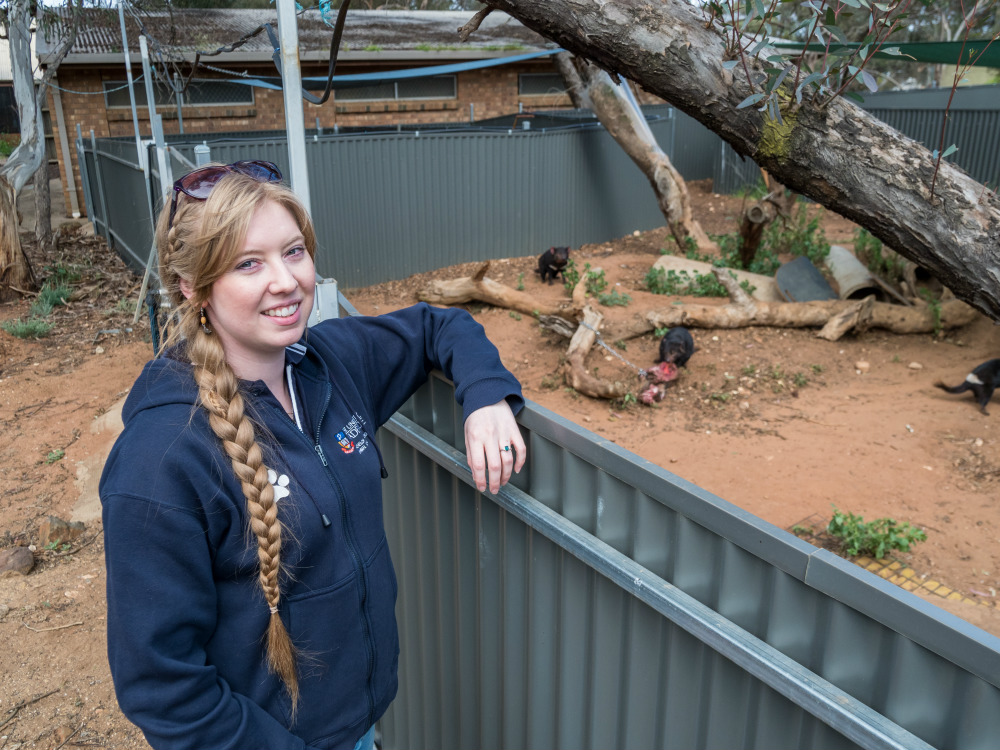
Chelsea Graham, from the University of Adelaide, is researching the use of stem cells to stop Devil Facial Tumour from wiping out Tasmanian devils.
The research is being carried out at the South Australian Health and Medical Research Institute (SAHMRI), South Australia’s flagship health and medical research institute which has the technology necessary for her research.
Graham is working in collaboration with University of Adelaide senior lecturer Dr Stephen Pyecroft, one of the first scientists to describe DFT and discover that it was a transmissible cancer.
“This research is a crucial step towards tackling the devastating disease and saving the Tasmanian devils,” said Dr Pyecroft.
“Money raised from the crowdfunding campaign will help Chelsea obtain more devil tooth samples and use the harvested stem cells to recreate the Schwann cell line. This will be pivotal to understanding Devil Facial Tumour,” he said.
For ethical reasons, Graham must obtain all of her teeth samples from deceased Tasmanian devils. Due to the limited population of devils in captivity in South Australia, Graham must fly to Tasmania and return with the canines within 48 hours before the samples are rendered unusable.
Funds raised will be dedicated to travel costs and cell cultures required for the research.
Graham has raised more than $1400 towards her campaign with one month remaining.
Jump to next article
